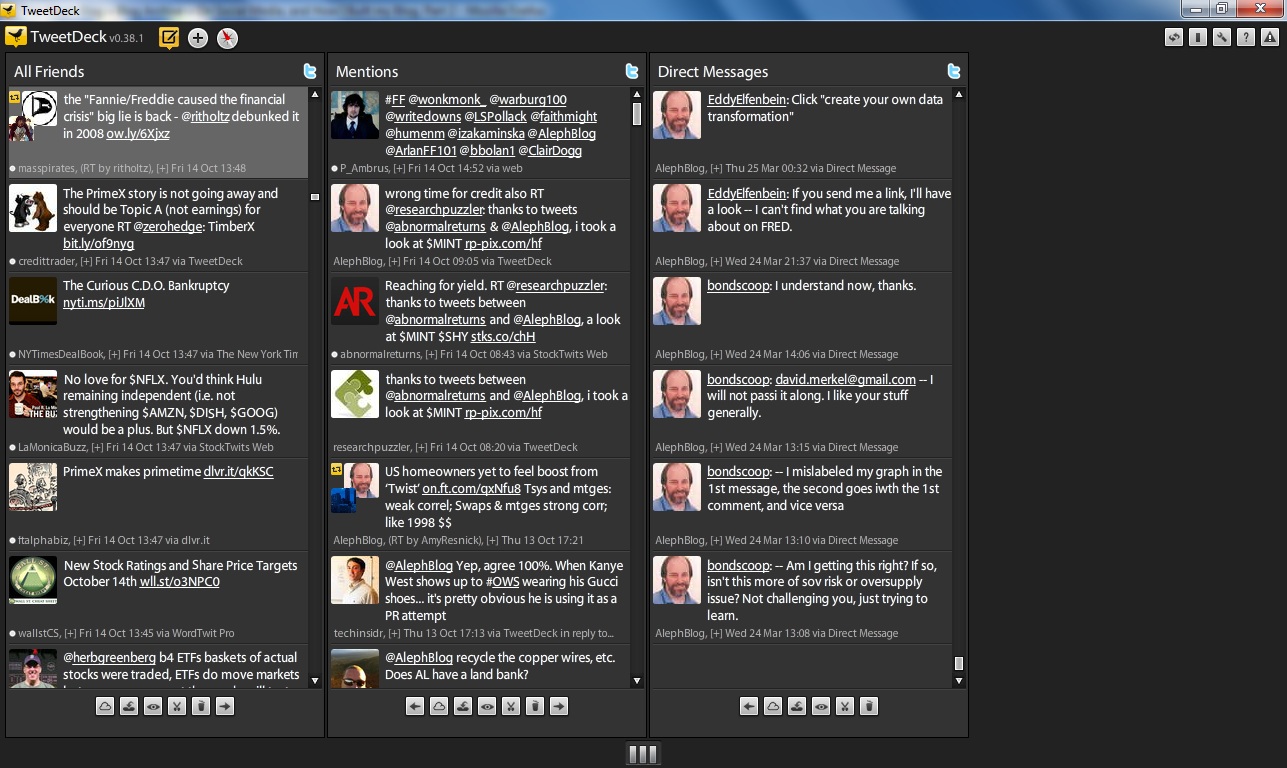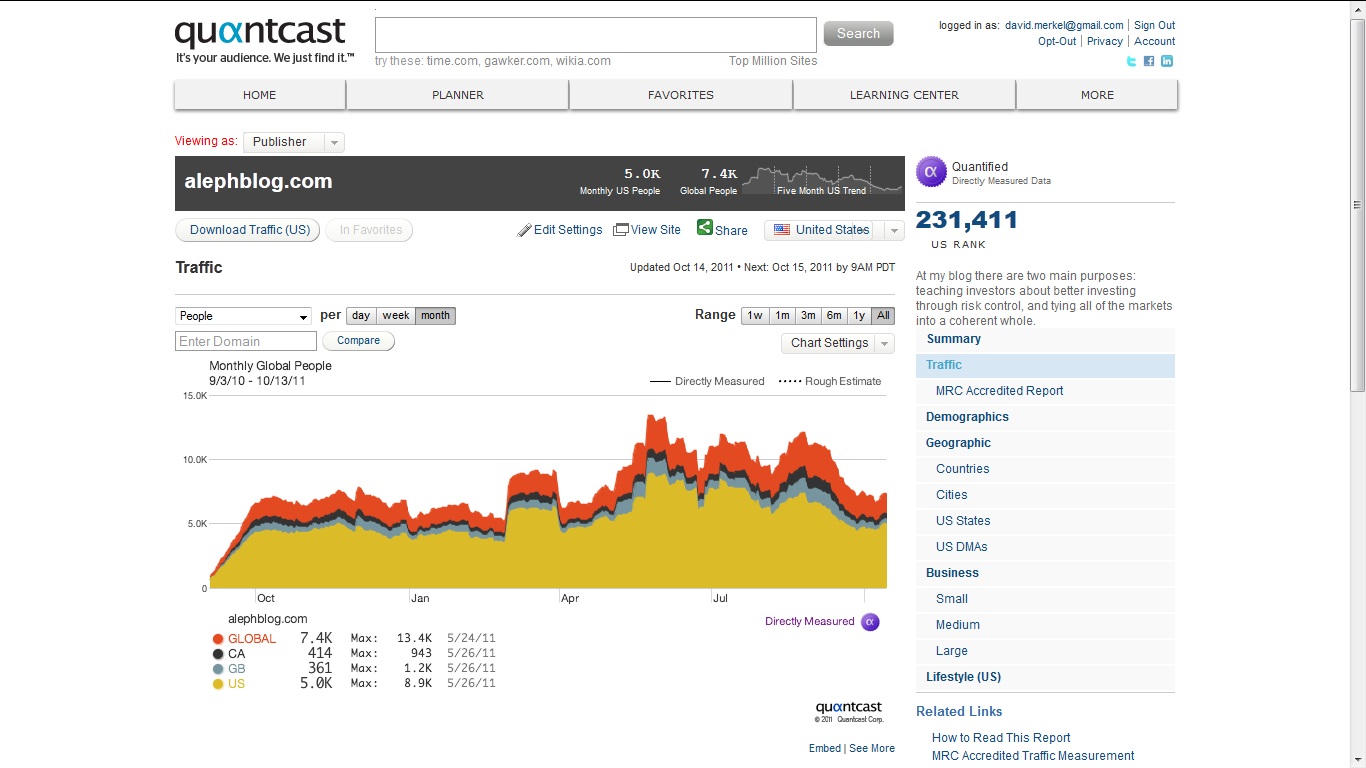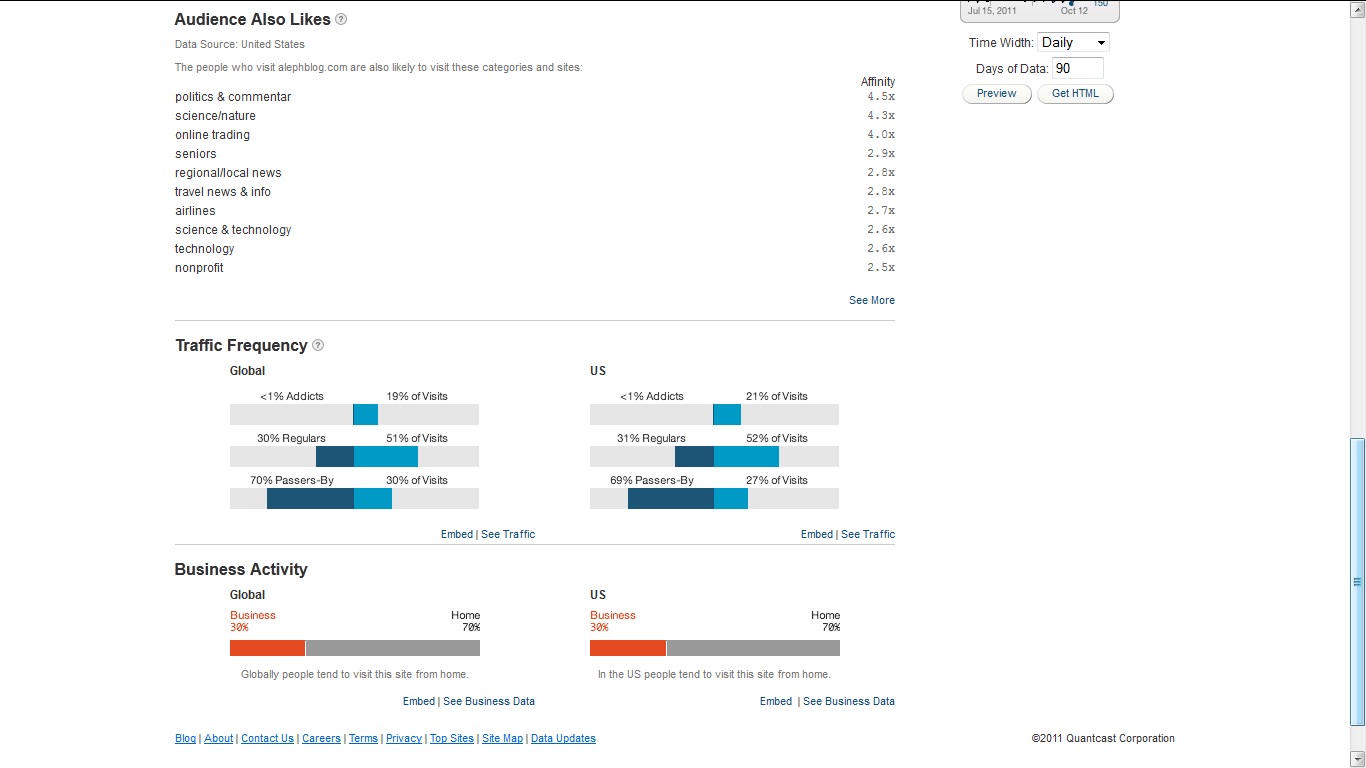At the Cato Institute Monetary Policy Conference, Part 7

PANEL 4: THE FED?S EXIT STRATEGY VS. FUNDAMENTAL REFORM
Moderator: Craig Torres
Reporter, Bloomberg
Jerry L. Jordan
Former President, Federal Reserve Bank of Cleveland
Lawrence H. White
Professor of Economics, George Mason University
Kevin Dowd
Professor of Finance and Economics, Durham University
Torres introduces White, who talks about the need for a Fed exit from credit policy
QE was not a monetary policy. ?M2 anemic amid a huge rise in the monetary base. ?High powered money ain’t. ?Did not want to see M2 rise, which would lead to inflation.
Fed sterilized through interest on excess reserves [IOER]. ?This favored housing over other uses of credit. ?Fiscal policy masquerading as monetary policy.
Dramatic impact on its portfolio duration and income. ?Record interest income. ?Most gets?gets rebated to the Treasury, rest to the banks. ?Thinks Fed’s average maturity has moved from 4 to 12 years. ?Buiter predicted it. ?Fed is doing it all?for the Treasury.
Fed shouldn’t allocate credit. ?Takes away Congress’s job of wasting money. [DM: he said it, not me] ?Now a demand comes for a Puerto Rico bailout. ?Can’t give away money costlessly, even if you print it.
Lowers penalty for failure. ?At present the Fed has no plans to exit credit allocation; Congress will have to act to end it.
Jerry Jordan: Fed built the financial bubble. ?13th Fed res bank? ?Think he’s talking about Fannie and Freddie…
Monetary authorities as eunuchs. ?Political Viagra needed. ?Has fiat money run its course?
Foreign banks borrowing from the FHLB.
Money multipliers broken, high powered money does not exist. ?Central bank balance sheet is unrelated to money conditions in the economy. ?QE can be contractionary. ?There is no possible exit from QE. ?Stopping QE was good, but ending it will not happen, because IOER and reverse repos are the rule. ?IOER borrows from banks and RR borrows from money market funds and GSEs.
Zero experience on IOER and Rev repos. ?Who knows what would happen if inflation rose?
Conclusion: aggressive Fed policy has had no impact on inflation, and the Fed does not truly affect credit at present. ?Thee are no tools now for dealing with a rise in inflation.
Torres: things are anything but normal now.
Dowd: Extreme Keynesian Policies have not delivered.
Hi recommendation: Recommoditize the dollar, recapitalize the bank, restore strong governance to banking, and roll back government intervention
?? Put Hetty Green on the $10 bill!
Commodity standards with a feedback rule. [DM: quack, quack]
Banks need to run with high levels of capital in order to take more risks. ?Higher standards, and less gameable. ?Riskier positions would be penalized.
Banks would not be able to pay bonuses, dividends, buy back stock until they were compliant. ?SIFI banks only at 7% GAAP capital, 5% under IFRS. ?Social consequences of higher bank capital levels are zero. ?Capital is not a “rainy day fund.” [True]
Bank directors would be limited to unlimited personal liabilities. ?Bring back double liability for shareholders? ?Unlimited liabiity for shareholders. ?Look at the investment banks; when they went public, they threw risk control away.
GSEs and Fed ?would be wound down. ?Oligarchy of bankers block reform. ?Take the crony out of capitalism.
Q&A
1) High capital requirements but deregulating — what are you proposing??Depositors will seek highest return, and create another type of moral hazard.
D: Aims for getting the government out of the economy.
2) Bert Ely: possibility for capital arbitrage? ?Also shadow banking?
D: Capital rules created capital arbitrage.
Another fellow suggested that banks would be entirely equity funded.
3) Question on abolishing cash?
D: Deflationary collapse.
4) What would happen if people were taxed for holding cash?
Much held by foreigners — punish them with negative interest rates. ?But it will never happen.
5) To Larry: what of negative interest rates. ?Wouldn’t assets still stay at the Fed for regulatory reasons?
W:???
6) Transition from monetary to fiscal policy at the Fed?
Bernanke’s theory was that housing had to be preserved above all else. ?Same thing for long term rates. ?Debt service costs to Treasuries reduced.
7) Wouldn’t negative interest rates destroy GDP?
Yes. then asked about whether there were any bond investors. ?Asked what would happen if the Fed tried to sell its mortgages.
Answer from one manager: I wouldn’t want to be the first buyer, and I wouldn’t trust the actions of the Fed… so the market and prices would back up considerably.





